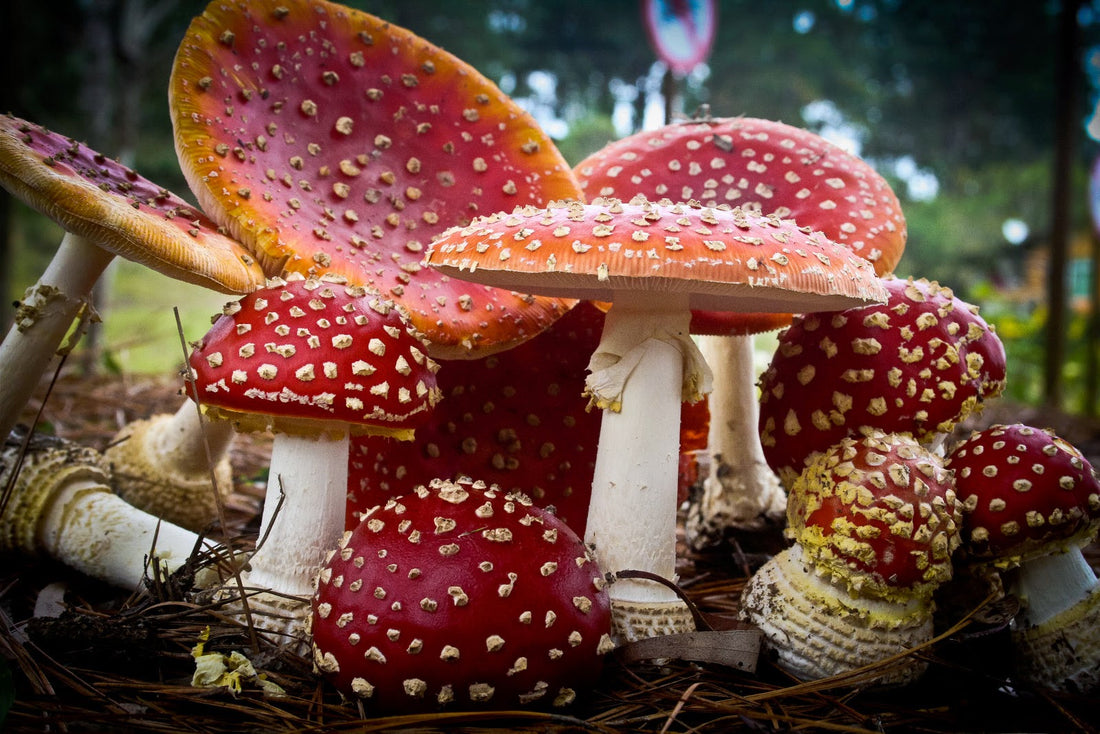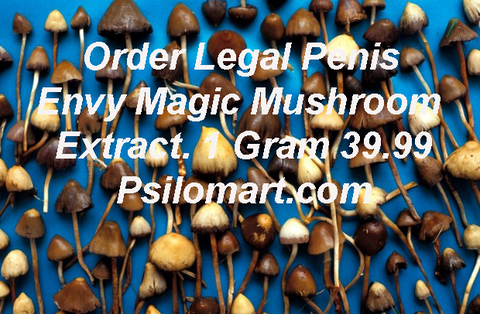Experience Cognitive Benefits with Psychedelic Mushroom Extract Compared to Synthetic Psilocybin
Recently, scientists have been looking into how psychedelics, like psilocybin found in certain magic mushrooms can make your smarter, could help treat mental health issues. A new study in Molecular Psychiatry suggests that using psilocybin-containing mushroom extract might be better than the synthetic version for conditions such as depression, PTSD, OCD, and anxiety.
Bernard Lerer, a professor of psychiatry at Hebrew University, is interested in how psychedelics could treat tough mental health problems like depression and PTSD. He and his team noticed that mushroom extract with psilocybin might have different effects from synthetic psilocybin. They want to test this idea in a lab study to see if it could be helpful for patients.
Current Studies on Magic Mushrooms and Intelligence
We still need to check if our results apply to people, but they hint that using mushroom extract to make them smarter with psilocybin might be better for therapy than synthetic psilocybin, even at the same dose," Lerer shared with PsyPost.
What's interesting is that both the mushroom extract and lab-made psilocybin made mice twitch their heads, showing similar immediate effects. This suggests that, on a basic level of behavior, both substances work similarly.
"We were surprised that there wasn't a difference in how quickly they made the mice twitch their heads. But the fact that they affected brain proteins and metabolism differently in the long run is really important for therapy," Lerer explained.
Using rodents in experiments offers a tightly controlled setting. Their genes are well-known, which means results are more consistent. This is super important, especially when studying complex stuff like how psychedelics affect biology. Surprisingly, rodents and humans have a lot in common, both genetically and physically.
While studying rodents helps us learn about possible treatments for mental health issues and how they work in the body, it's just the beginning. We need to be careful when applying these findings to humans.
"As with any research done before trying things out on humans, making it work for people is the big challenge," Lerer explained. "We can't just assume what works in mice will work for us. We have to test it out."
Conclusion on Magic Shroom affecting your Intelligence.
Our main goal in this research is to figure out why mushroom extract and lab-made psilocybin work differently. We think other parts of the extract, not just psilocybin and psilocin, are doing something important. We want to find out what these parts are and how they work.
"This research is really interesting and could be important for treating people," Lerer said. "We're excited to see if it works the same way in humans as it does in mice."


